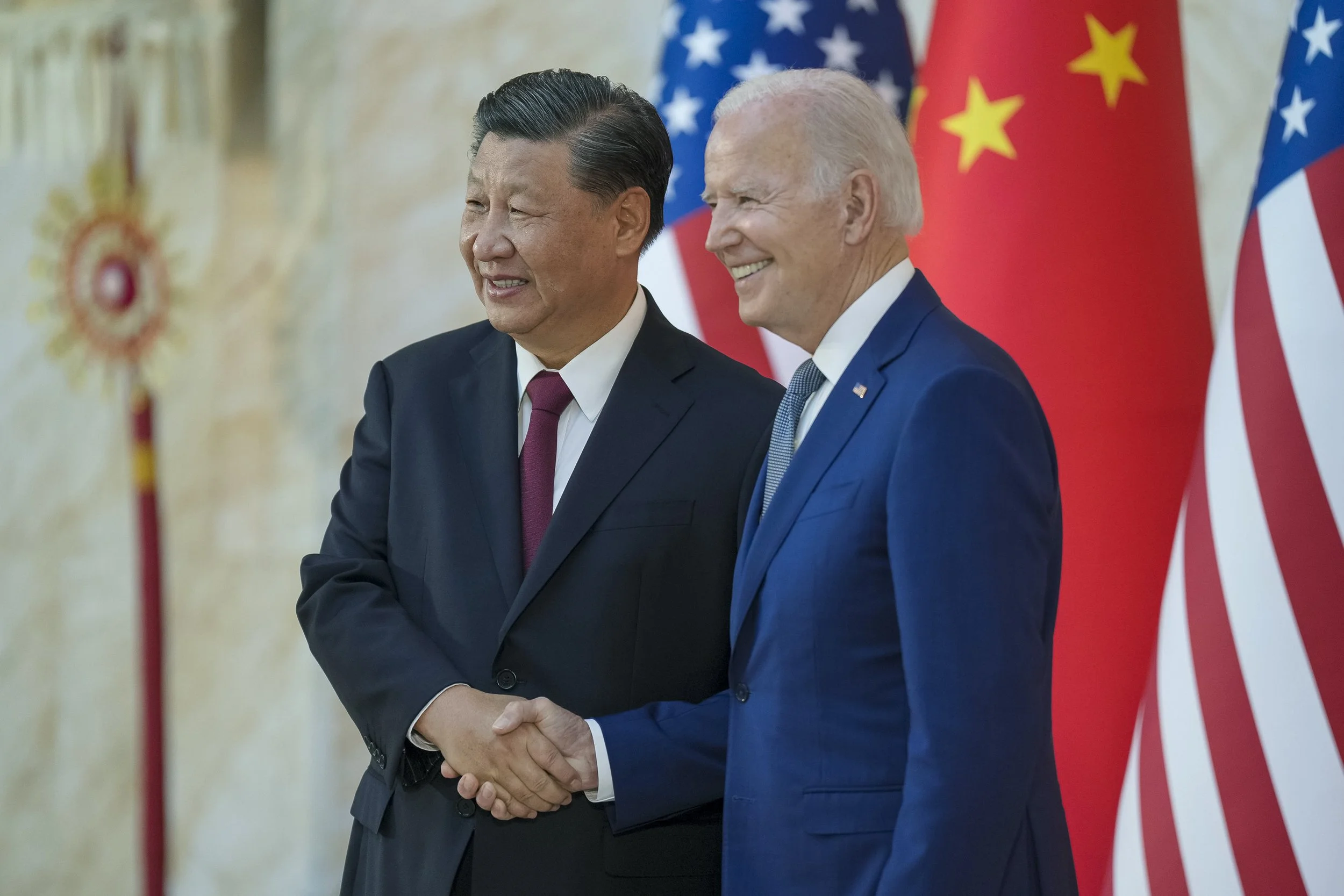Written by Dr Maurizio Geri
Both the Malaysian and Philippine governments should be careful not to allow pressure from these disparate groups to create discord which could unravel the critical progress made so far through the Bangsamoro peace process.
Read More
















